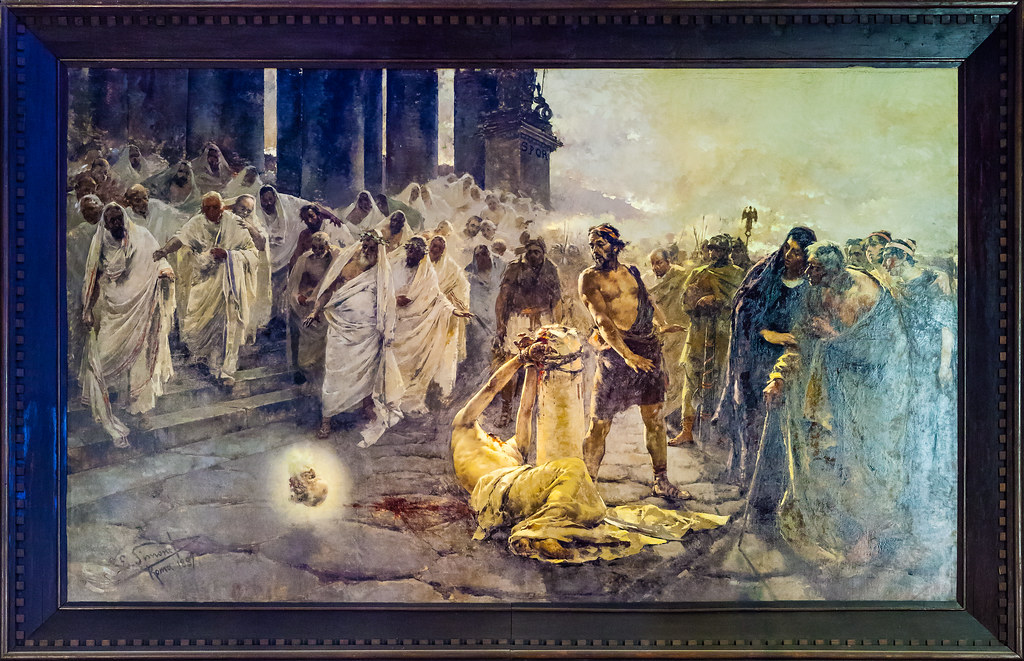Besides the destruction of the temple in 70AD why are the Gospels considered to be written after 70AD? Jesus predicted his death, why could Jesus not predict the destruction of the temple. The temple was burned and the stones removed to gather the melted gold.
Is there a particular bible verse that stands out- that makes the Gospels have to be written after 70AD.
General Comments:
1) We know the synoptic gospels- Matt, Mark, Luke have large sections that are copied off one another. Speculation it was from unknown Q source. It appears Luke is written last? Luke and Acts are tied together, written by the same author. Luke was written and then Acts.
2) Time marker- We know St. Paul and Peter died roughly mid 60s during Nero. We know Paul was in rome around 63AD. We know St. Paul wrote epistles in the 50s.
3) Acts of the apostles which is about the apostles/ church with Peter and paul. Abruptly ends with no mention of their death in Rome which was huge. Many scholars believe Gospels written much earlier in 60s.
Is there a particular bible verse that stands out- that makes the Gospels have to be written after 70AD.
General Comments:
1) We know the synoptic gospels- Matt, Mark, Luke have large sections that are copied off one another. Speculation it was from unknown Q source. It appears Luke is written last? Luke and Acts are tied together, written by the same author. Luke was written and then Acts.
2) Time marker- We know St. Paul and Peter died roughly mid 60s during Nero. We know Paul was in rome around 63AD. We know St. Paul wrote epistles in the 50s.
3) Acts of the apostles which is about the apostles/ church with Peter and paul. Abruptly ends with no mention of their death in Rome which was huge. Many scholars believe Gospels written much earlier in 60s.


